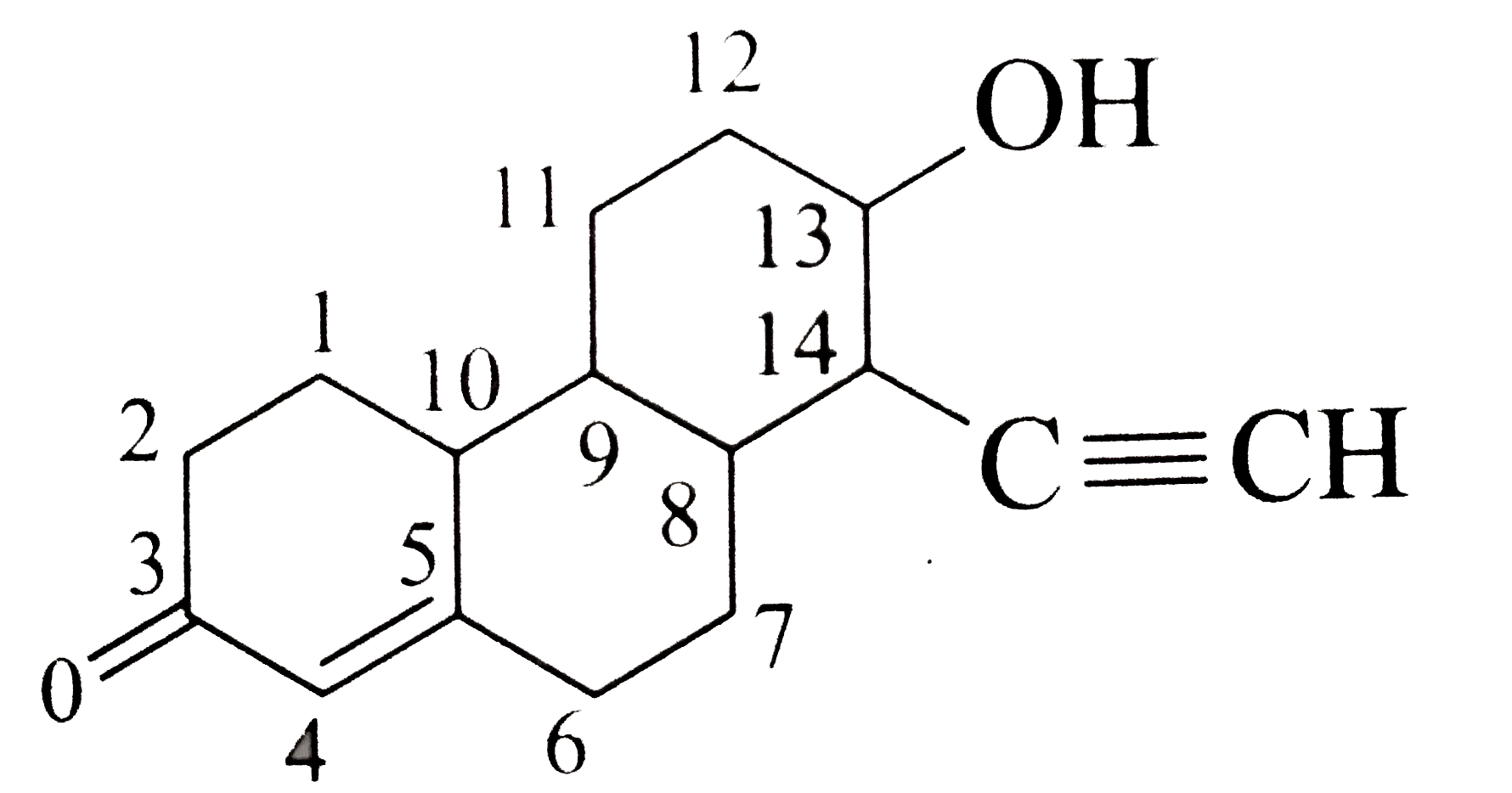In most cases, the organic reactions are brought about with inorganic compounds like acid, bases, oxidizing agents, reducing agends, and so on. The inoganic compounds that bring about the organic reacctions are termed as attacking reagents, and the organic compounds undergoing the chemical transformation are termed as
receiving reagents
substrates
reactants
formats
The correct Answer is:D
Substrate is that reactane which supplies carbon for the formation of a new bonds.
Topper's Solved these Questions
- BOOK - R SHARMACHAPTER - GENERAL ORGANIC CHEMISTRYEXERCISE - Follow up test 28videos
GENERAL ORGANIC CHEMISTRY
- BOOK - R SHARMACHAPTER - GENERAL ORGANIC CHEMISTRYEXERCISE - Follow-up test 39videos
GENERAL ORGANIC CHEMISTRY
- BOOK - R SHARMACHAPTER - GENERAL ORGANIC CHEMISTRYEXERCISE - Archives36videos
GENERAL ORGANIC CHEMISTRY
- BOOK - R SHARMACHAPTER - EQUILIBRIUMEXERCISE - ARCHIVES69videos
EQUILIBRIUM
- BOOK - R SHARMACHAPTER - ISOMERISMEXERCISE - Archives11videos
ISOMERISM
Similar Questions
Knowledge Check
- Question 1 - Select One
Organisms , which obtain energy by oxidation of reduced inorganic compounds are
APhototrophsBSaprozoicCCopro-heterotrophsDChemo-autotrophs - Question 2 - Select One
Organisms which obtain energy by the oxidation of reduced inorganic compounds are
APhoto autotrophsBPhoto heterotrophsCChemo heterotrophsDChemo autotrophs - Question 3 - Select One
Organisms which obtain energy by the oxidation of reduced inorganic compounds are called:
AsaprozoicBchemoautotrophsCphotoautotrophsDcoproheterotrophs
Organisms which obtain energy by the oxidation of reduced inorganic compounds are called
View SolutionWhich of the following are used as chlorinating agents in organic synthesis of compounds ? (Like acid converted to acid chloride)
View SolutionAn organic compound does not reacts with Tollen's reagent but undergoes Baeyer Villiger oxidation. The compound is
View SolutionAn alkali metal hybride (NaH) reacts with diborane in Y to give a tetrahedral compound Z, which is extensively used as reducing agent in organic synthesis. The Y and Z in the above reaction are
View SolutionA functional group of an organic compound is an atom or a group of atoms in the compound that determines its chemical properties and in most cases is one of the sites of its chemical reactions. How many functional groups are present in the following compound?
 View Solution
View Solution
